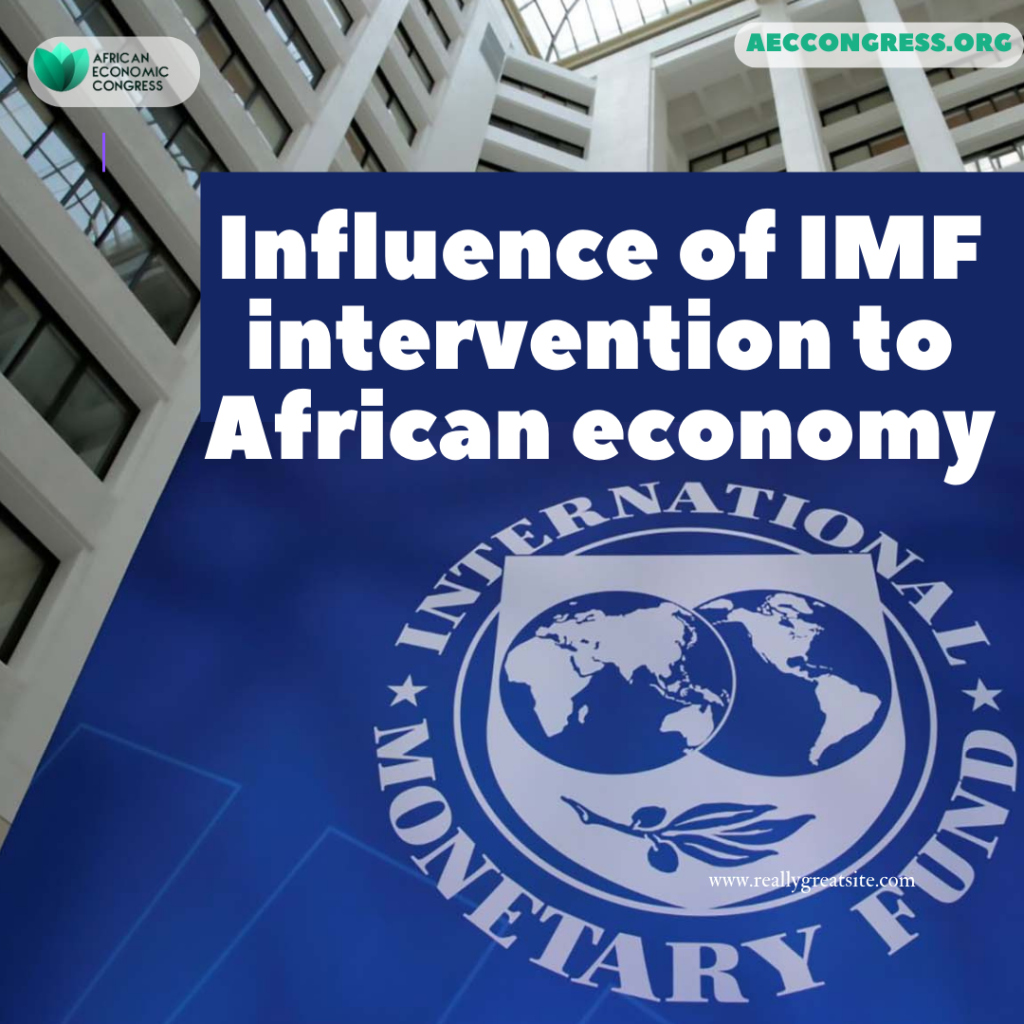The Intervention of the IMF in the African Economy: Positive and Negative Impacts
The International Monetary Fund’s (IMF) intervention in the African economy typically occurs in two dimensions: it can have both positive and negative impacts. The IMF has assisted many African countries in overcoming economic hardship, but the conditions attached to most IMF loans have often created drawbacks for their economic development. In this blog post, we will explore the influence of IMF interventions on the African economy.
Positive Influences
Financial Stability
- Emergency Economic Assistance: The IMF provides financial support to many African countries during emergencies. This assistance helps stabilise their economies during difficult times.
- Creating Confidence in International Markets: Liaising with the IMF has helped some African countries build international confidence, encouraging foreign investors to invest in these nations.
Economic Reforms
- Structural Adjustments: The IMF often emphasises economic structural adjustments before granting any intervention. These adjustments have helped some countries improve their economic efficiency by enhancing fiscal discipline, creating more transparent governance, and developing well-structured economic policies.
- Capacity Building: The IMF has supported many countries with financial advice, helping them improve their economic policies and strengthen economic stability.
Negative Influences
Infusion of Austerity Measures
- Austerity Measures: One of the IMF’s loan policies negatively affecting many African countries is austerity measures. Most IMF loans come with conditions, such as cuts in government spending on public services and tax increases. These policies often lead to consequences like higher unemployment rates and reduced public services, particularly affecting vulnerable populations.
Social Discontent
- Disconnection from Social Wellbeing: Many IMF loan policies are disconnected from the social wellbeing of the general populace. This has been evident in several African countries, where IMF loan interventions have caused economic hardship for many residents. There are reports indicating that IMF loan policies in Africa have threatened the human rights of many Africans.
- Short-Term Focus on Economic Development: The IMF’s loans to African countries often provide short-term solutions but promote long-term economic hardships.
Case Studies of IMF Interventions in Some African Countries
- Nigeria: Nigeria is one of the African countries that has benefited from IMF intervention. While Nigeria has experienced macroeconomic stabilisation, it has also faced challenges, such as austerity measures affecting social and public services.
- Kenya: Kenya has engaged with the IMF for financial assistance and structural reforms. The outcomes have been twofold: positive improvements in economic stability, but also drawbacks from austerity measures, such as tax increases and structural adjustments.
The IMF’s interventions in African economies can bring significant benefits but also come with drawbacks for the continent’s economic development. The impact of IMF interventions on African economies largely depends on the policies attached to the loans.



